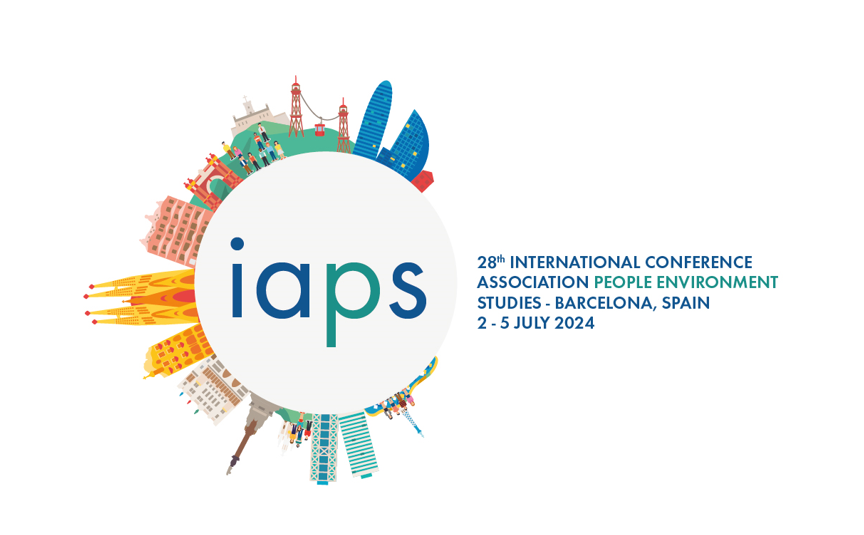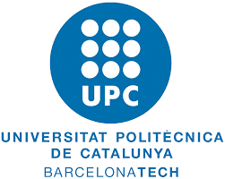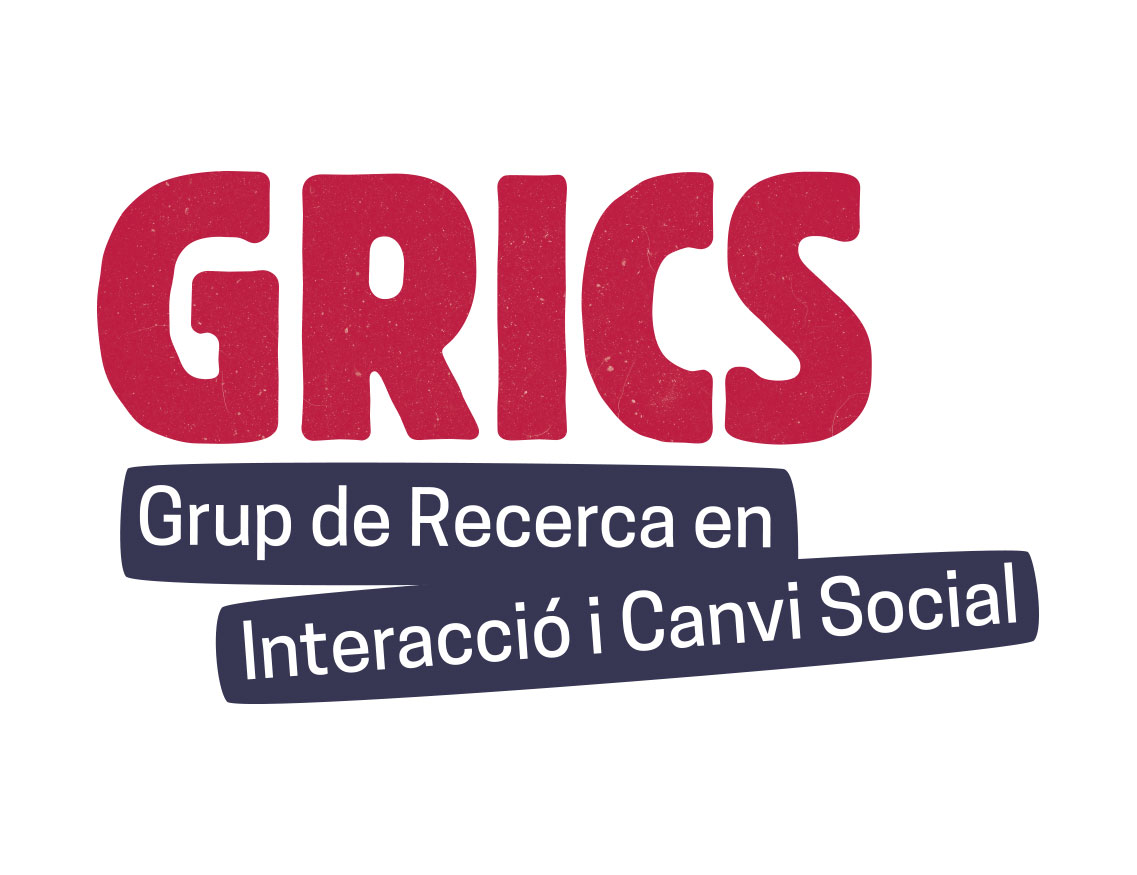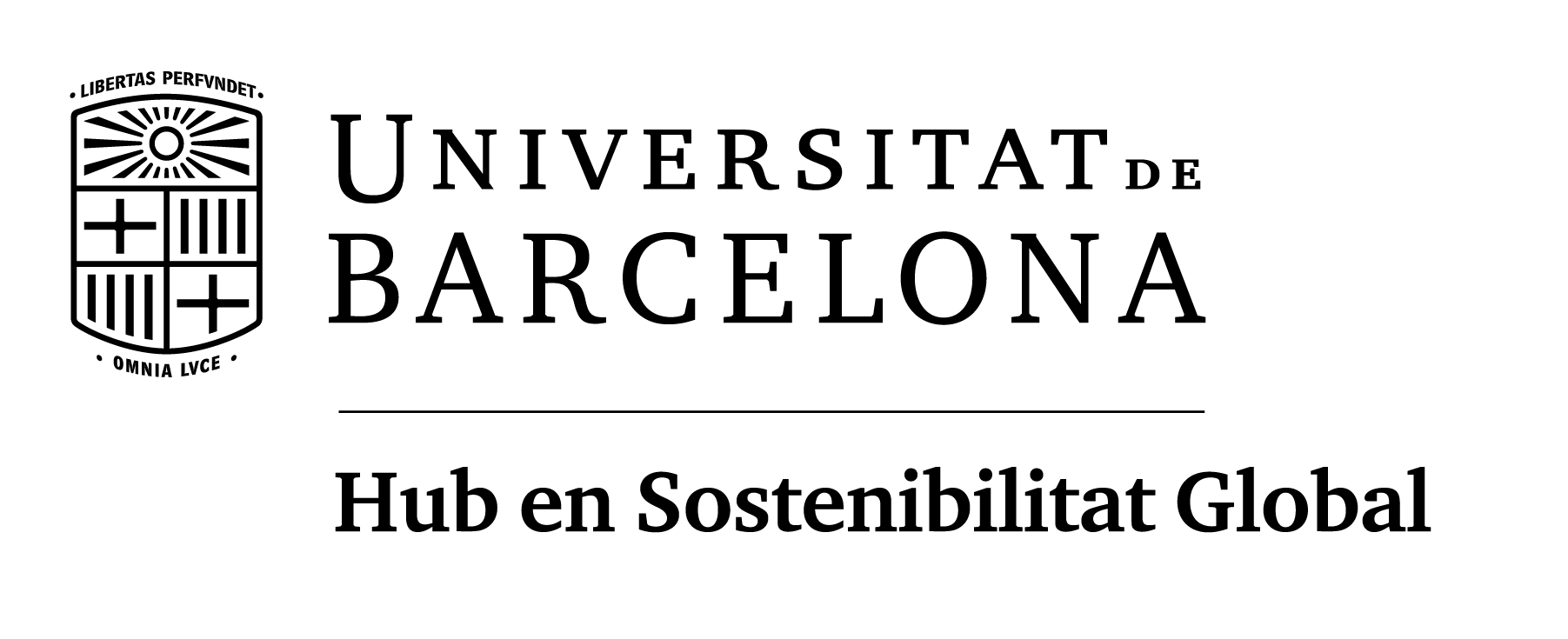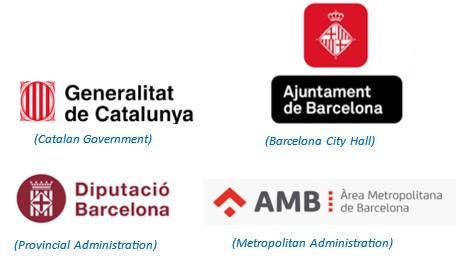Late registration starts
28th IAPS Conference
Welcome from the organizing committee!
We are delighted to inform you that the 28th IAPS Conference will be held from July 2nd to 5th, 2024 in Barcelona. This edition is titled
“Enacting Transdisciplinar Knowledge:
People, Places, Movements and Sustainabilities”.
People's relationships with the environment are complex and constantly changing, requiring a multi-disciplinary approach. Challenges such as transitioning to more sustainable living spaces, switching to different energy sources, reducing consumption, encouraging circular economies, and addressing climate crisis present new challenges for society, and especially for the scientific community, in terms of both creating new technologies and managing human behavior.
In order to bring about change, it is essential to examine phenomena from various angles, with different disciplinary perspectives (transdisciplinary), theoretical and methodological approaches, in order to come up with solutions to socially and environmentally important issues and ultimately work towards the well-being of people and society as a whole.
As ecology pointed out in the early 20th century, any action to be sustainable must be "different" and adapted to each ecosystem, that is, to each social or eco-social context.
Therefore, six topics of great relevance are proposed:
1. Climate Change and sustainability - Changing human behavior
The latest reports on climate and global environmental issues are becoming increasingly urgent matters that our society must address. The reports indicate a rapid rise in temperature, as well as an increase in pollution and waste accumulation in various natural ecosystems, with a consequent effect on people's health and species. This is the result of human behavior and habits, social dynamics, and industrial, commercial and organizational (public, prived and civil) decisions and actions. It is essential to conduct scientific studies and devise solutions that not only involve technological solutions, but also psychosocial ones, with approaches that focus on people and social influence processes.
2. Natural and urban environments – The transitions of cities
The spaces we occupy have been created in the past, are experienced in the present, and are projected into the future. Most of the world's population lives in cities, which are constantly changing to create healthy and, if possible, more natural environments. Recently, the concept of resilient cities has been discussed to emphasize their ability to adjust to difficult situations. Additionally, virtual and hybrid environments have been developed, broadening the human experience of living. Therefore, it is essential to examine urban and rural dynamics, considering the connection between the physical, social, and virtual environments.
3. Participation, citizenship and environmental justice
Citizens' involvement is essential for achieving sustainability. Academic research generally agrees that public participation in environmental decisions has many advantages. These can include higher acceptance and support of environmental initiatives from the public, the emergence of new ideas based on local expertise and experience, and social learning. Additionally, it has been determined that effective and meaningful participation is necessary to make sure that policies are created fairly and respect the rights of communities, while also helping them become more resilient. Citizen engagement is a way of empowering them to take part and have a joint stake in their sustainable future.
4. Place attachment: Space, gender and post-colonialism
Place attachment and place identity are highly influenced by personal experiences and explain how people emotionally bond with and develop a sense of self in relation to a place. Related concepts such as: social use of space, crowding, privacy, territoriality, personal space, and public space all describe how people interact with and use a particular space.
Additionally, in many environments, there are invisible boundaries and spatial separation based on gender, ethnicity, social class, and other forms of identity that lead to exclusion and social marginalization. Some writers argue that spatial relationships reflect social relationships, and that gender is created through divisions between the public sphere, civil society and private initiatives, ways of perceiving and understanding. Recently, feminist and postcolonial discourse have called for the questioning and re-negotiation of the meaning of spaces.
5. Mobility, habits and needs
Cities are increasingly implementing innovative policies and measures to discourage the use of private cars and promote more active and sustainable forms of transportation. Various initiatives are being taken to promote behavioral change in terms of mobility. Direct economic incentives, communication campaigns, and nudging techniques are being used to encourage people to switch to more sustainable forms of transportation. These strategies aim to provide people with accessible and quality alternatives to private cars.
6. Information, communication management and construction of realities
In the last two decades, the complexity of environmental crises has grown. We have gone from environmentalists' concern for nature's degradation to looking for citizens' initiative and involvement, and now to urging citizens to follow the instructions of those who know best (scientists, politicians, companies, or interest groups...). Unfortunately, there appears to be a decrease in citizens' willingness to adopt pro-environmental behaviors, while the climate crisis increases eco-anxiety and solastalgia. This trend is likely linked to a growing disenchantment with pro-environmental messages and slogans from administrations and companies. Therefore, the management of communication and its contents is essential for the construction of new narratives, new cognitive dissonances, and new social representations. The role of ICTs, particularly those of the most popular social networks, must also be considered, as they have taken on a significant role in socialization processes, surpassing those of educational institutions and the mass media.
Considering these challenges, the congress will focus on seeking strategies to promote sustainable environments that favor greater inclusion, social participation, and transdisciplinarity in addressing the needs of housing, mobility, and sustainability.
After the need to hold the last two editions of the congress virtually, we are delighted to return to the in-person format with the aim of creating a vibrant space for exchange and analysis, both in formal and informal settings among all participants.
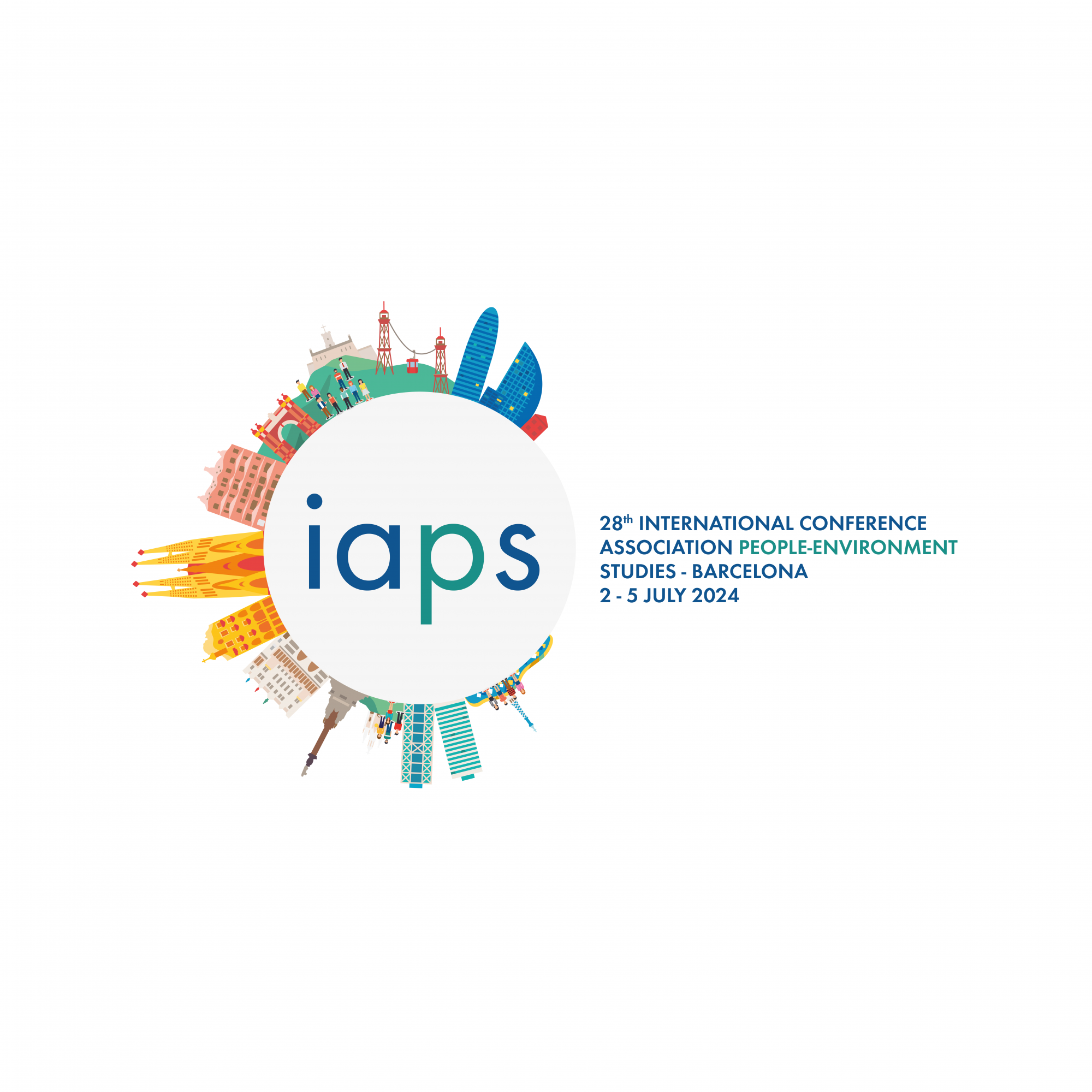
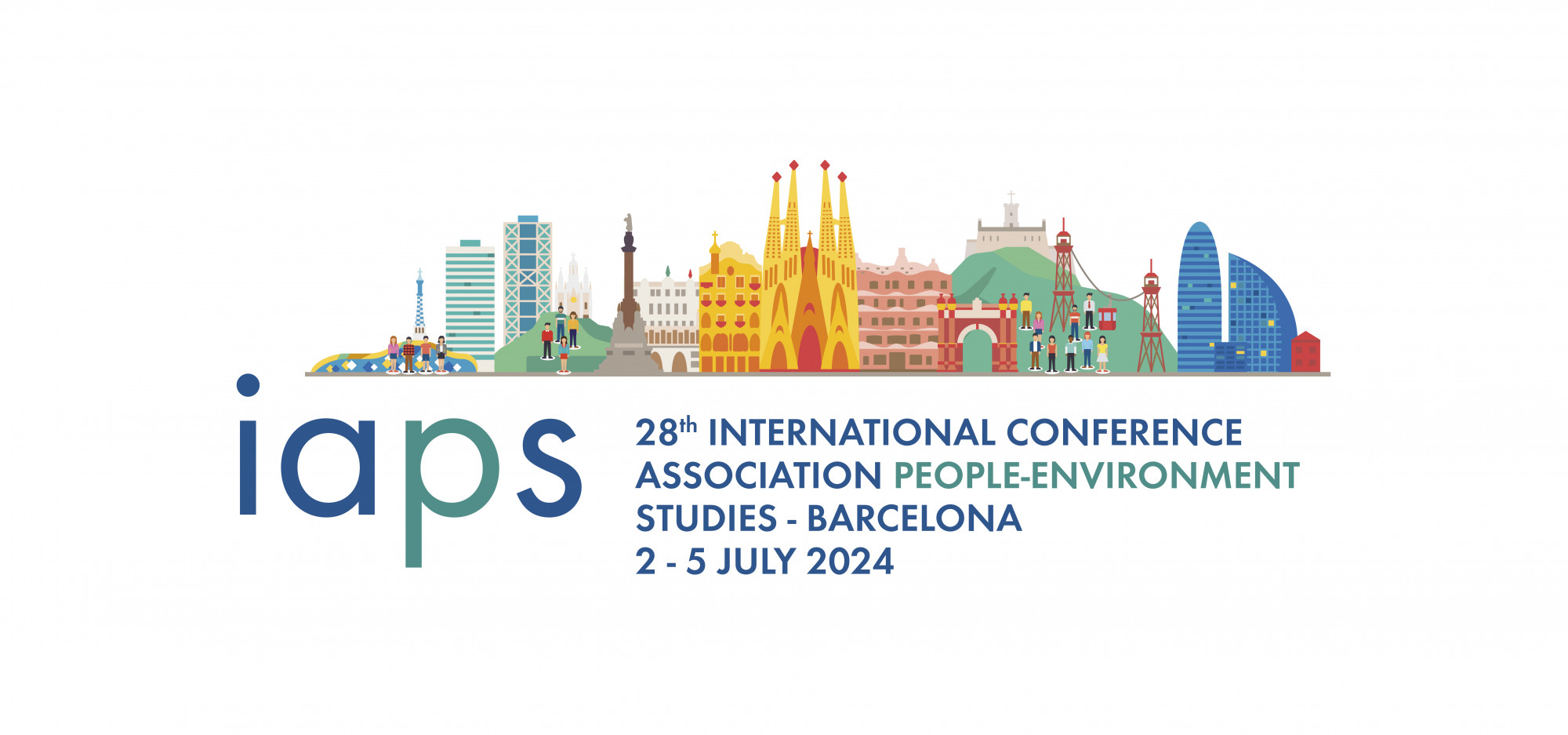


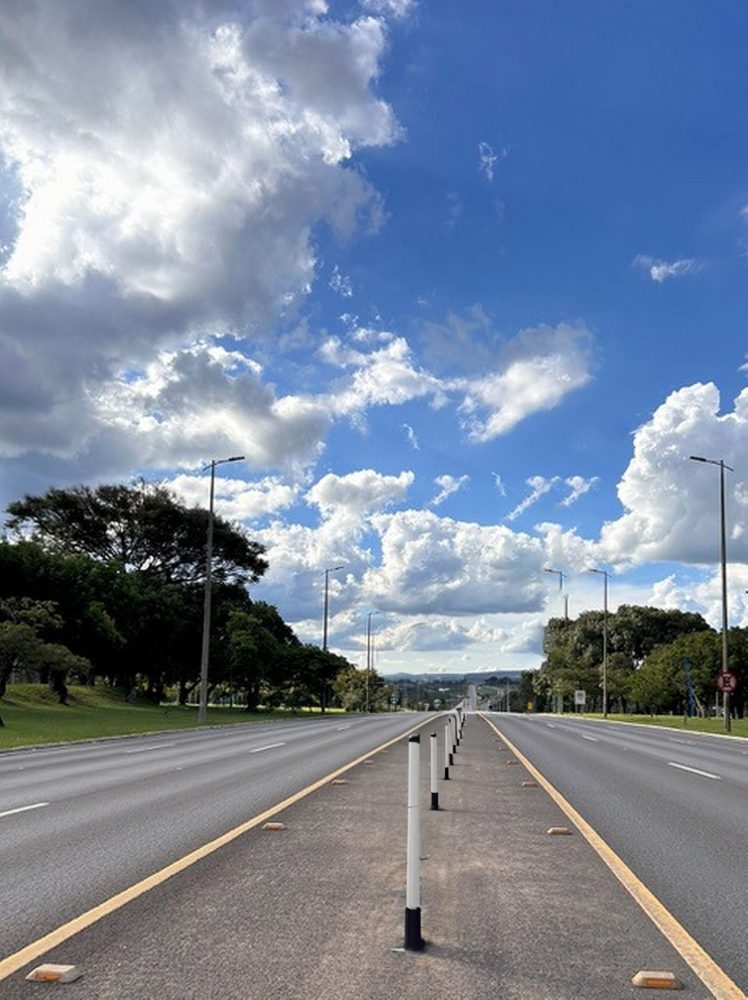


 Information about cookies
Information about cookies
